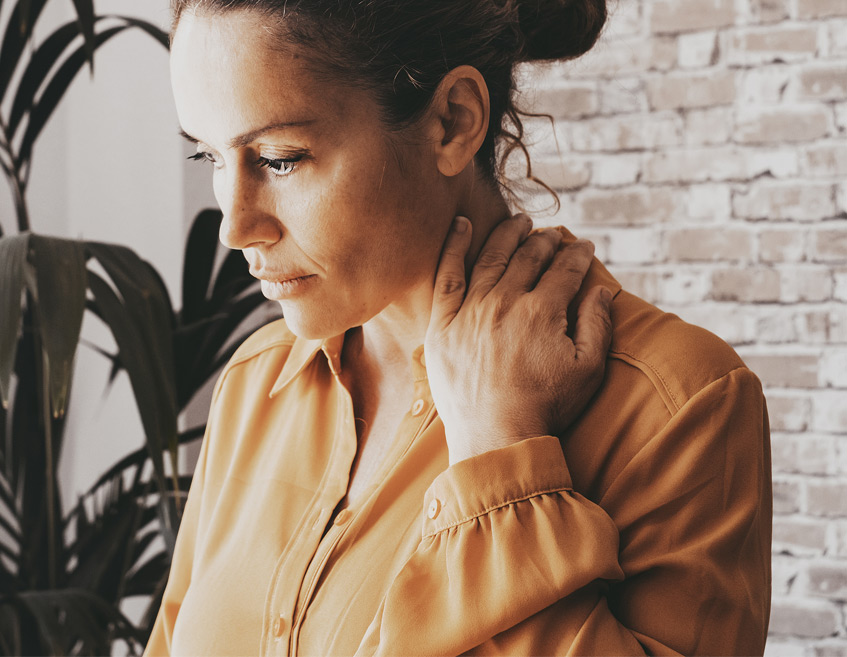Pricing for Chapter 13 Bankruptcy With Our Firm:
We typically file Chapter 13 cases for an upfront fee plus court costs. The remainder of our fees are included in your Chapter 13 plan payment, making our services more accessible when you need them most.
Comprehensive 7-Step Chapter 13 Bankruptcy Process
Our streamlined Chapter 13 bankruptcy process requires only one in-person visit to our office to sign your final paperwork. All other steps, including the initial consultation, document submission, and even your court appearance, can be conducted remotely via phone, email, or Zoom, allowing you to navigate most of the bankruptcy process from the comfort of your own home.

Initial Consultation
Contact our office for a free telephone consultation and provide detailed financial information.

Plan Calculation
Receive an instant calculation of your potential Chapter 13 plan payment during the consultation.

Case Initiation
Start your case with the initial payment and submit required documentation.

Plan Execution
Begin making payments according to your approved plan. Stay current with your payments over the 3-5 year plan period, after which you’ll successfully complete your plan and receive your discharge.
Related Services
Chapter 7 Bankruptcy
Chapter 7 can offer relief while often allowing you to keep your house and car.
Debt settlement
We can negotiate with creditors to reduce your overall debt without filing for bankruptcy.
Student loan law
While student loans are typically non-dischargeable, we can help incorporate them into your Chapter 13 plan to make them more manageable.
FAQ’s About Chapter 13 Bankruptcy
Chapter 13 bankruptcy is a reorganization plan that allows you to pay back a portion of your debts over 3-5 years while keeping your assets.
Generally, individuals with a regular income that exceeds Median Income may need to file Chapter 13 instead of Chapter 7.
The amount varies based on your income, expenses, and types of debt. In some cases, you may pay as little as 1% of your unsecured debts.
Payments are typically made through wage orders, where the payment is withheld directly from your paycheck and sent to the trustee.
Secured debts like car loans are paid through your Chapter 13 plan, often allowing you to keep the asset while catching up on payments.





